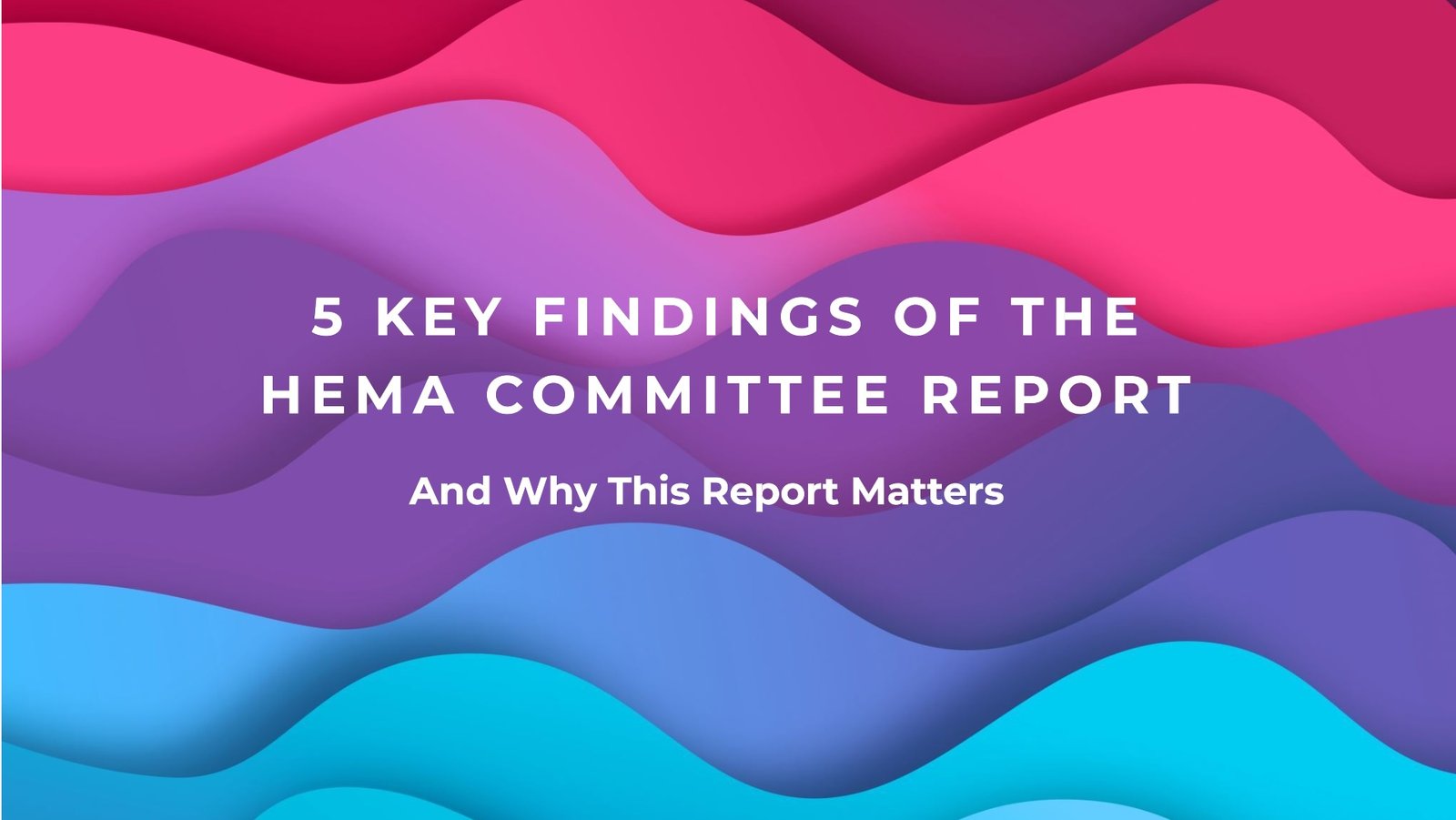In February 2017, a renowned Malayalam actor was raped in a moving vehicle. The incident shook the Malayalam film industry and there was public outcry. With pressure from the Women in Cinema Collective (WCC), a committee headed by former judge K. Hema in July 2017 to look into the working conditions of women in the Malayalam film industry.
After seven long years, the redacted version of the report was released, which shines a glaring light on the disturbing gender exploitation that exists in the Malayalam film industry. The report pointed out several crimes against women, including minors, and the existence of a ‘mafia’ that controls the whole industry. Here are some of the major findings:
- Sexual abuse and casting couch: The committee interviewed women from the industry, who said they had to face unwanted physical advances and rape threats even before they commenced work. Women also stated that they were coerced into exchanging sexual favours for job opportunities, and had to face denial of employment or career advancement if they refused.
- Lack of safety on the film set: Many men, influential in the industry, were known to knock on the doors of the rooms of women artists. To circumvent this, women resorted to bringing their parents or close relatives to the set and their accommodations.
- Inadequate facilities on set: Women artists said they were put through a lot of hardship given the inadequate facilities, such as changing rooms and toilets, for them on set, especially in outdoor locations.
- Poor working conditions: Junior artists, who were interviewed by the Hema committee, claimed they were “treated worse than slaves”, having to work for nearly 19 hours at poor remuneration. They also said intermediaries misappropriated a good part of their payments.
- Cyberthreats and cyberbullying: Artists, who refused to comply with the demands of those powerful in the industry, had to face the threat of online harassment. Cyberbullying, public threats, and defamation posed significant challenges for them.
Although the report is specific to the Malayalam film industry, the sad truth is that a similar culture exists across various industries, and the findings of the Hema Committee resonate with the challenges women face in other industries as well.
Recently, renowned actor Rahul Bose sought to know why no other industry has constituted committees to look into the increase in cases of sexual harassment. He called for the need for greater awareness to empower women to speak up and fight harassment.
A few days ago, a committee was formed in West Bengal to investigate sexual harassment of women in the Bengali film industry. It has been reported that the Tamil and Telugu film industries are also likely to establish committees with the aim to protect women in the respective industries.
Meanwhile, in the Kannada film industry, though actor Sanjjanaa Galrani mooted the establishment of the Sandalwood Woman Artist Association, the Karnataka Film Chamber of Commerce has opposed the move to set up a panel akin to the Hema Committee. Earlier this month, at least 150 persons, including actors, writers, and directors sent a formal letter to Chief Minister Siddaramaiah to form a committee to look into the sexual abuse allegations in the Kannada film industry, also known as Sandalwood.
The #MeToo movement that gathered steam in 2017 was a watershed moment, given that it helped highlight gender discrimination and harassment across various sectors globally. It empowered countless individuals to share their experiences and brought significant attention to the need for systemic change in workplaces.
The Sexual Harassment of Women at Workplaces (Prevention, Prohibition and Redressal) Act, 2013, more commonly known as the PoSH Act, came into effect in December 2013. However, it was only in 2018 that the Securities and Exchange Board of India mandated all listed companies to disclose the data on sexual harassment complaints in their annual reports. As per data available, in 2013-14, when PoSH was implemented, 161 cases were reported. A year later, this number surged to 465. The numbers have continued to rise till 2020-21. Following the outbreak of the COVID-19 pandemic and subsequent work-from-home option, the number of cases dropped to 586 cases across 300 companies, down from 961 cases the previous year. In 2021-22, the number increased again to 767 cases, followed by a spike the following year reaching 1,160 cases, a whopping 51.2% jump.
The release of the Hema Committee report serves as a wake-up call not just for the Malayalam film industry, but for all sectors where gender exploitation and harassment persist. With 80% of women in India employed in the unorganised sector—often facing informal work, low wages, and job insecurity—the report aims to inspire change and improve conditions for women everywhere.
The Hema Committee report has shed much-needed light on the crucial gaps and challenges in the implementation of the PoSH Act. Here are some of the top takeaways from the report that all industries should focus on to ensure women’s safety:
- Lack of awareness: One of the biggest challenges identified is the widespread lack of awareness of the PoSH Act among employees, especially in the small and medium-sized enterprises (SMEs) sector. This can be addressed by creating awareness among the entire workforce.
- Inadequate implementation: Several organisations have either not formed Internal Committees (ICs) or have ICs that do not function effectively, which undermines the Act’s impact. Organisations can comply with the Act by forming these committees and ensuring that they function properly in letter and spirit.
- Training gaps: There is an urgent need for regular and structured training programmes to educate both employees and management on the PoSH guidelines and responsibilities. Regular training programmes and awareness campaigns should be part of an organisation’s annual calendar.
- Accountability issues: The report highlights a lack of accountability in enforcing the PoSH Act, with many complaints either being mishandled or worse, ignored. This challenge can be addressed by ensuring transparency and accountability in the functioning of the ICs.
- Protection for informal sector workers: Women in the informal sector often face the brunt of workplace harassment; yet, there are very few mechanisms to address their concerns. The workers’ associations or unions should put in place mechanisms to address the problems of these women.
While there have been strides in implementing the PoSH Act, much more needs to be done to ensure that workplaces are truly safe and inclusive for women. From increasing awareness and training to enhancing accountability and protections for women in informal sectors, the road ahead requires collaborative efforts from industries, regulators, and society at large.
It’s time to turn awareness into action and ensure that every woman feels empowered and protected in her place of work. To know more about what to do to make your workplace safe and inclusive for women, get in touch with us.

